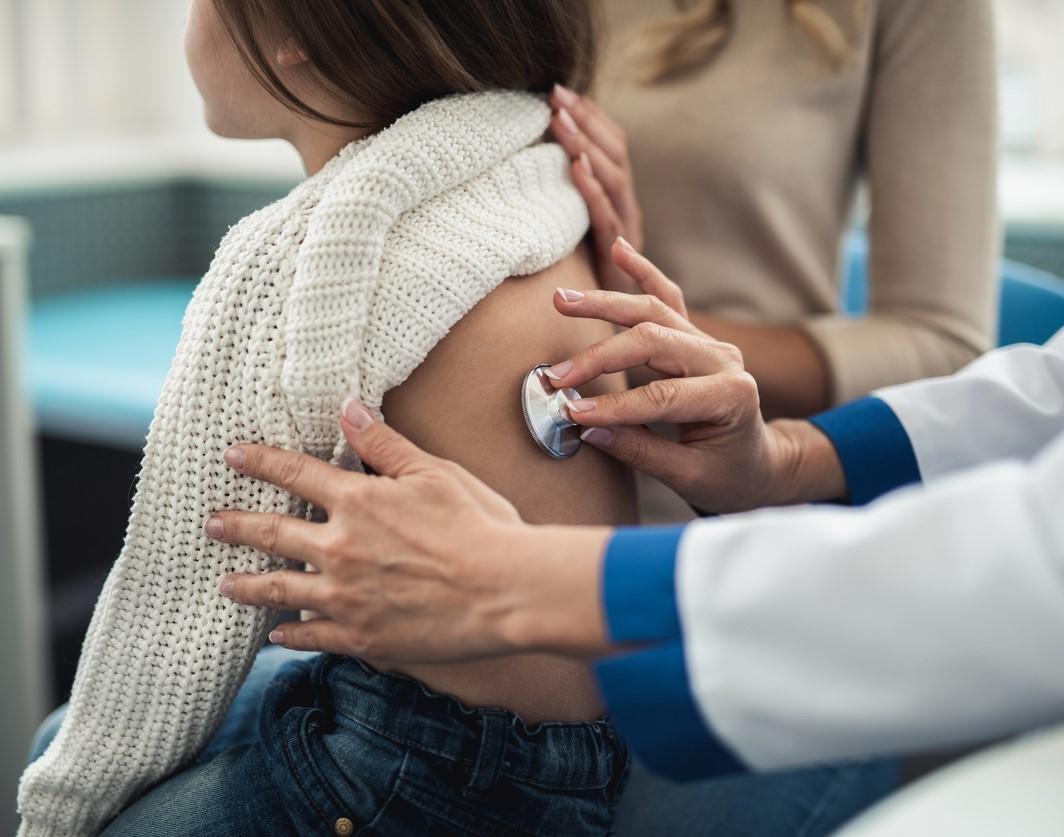.jpg)
A comparative effectiveness study suggests that long-acting lipoglycopeptide (laLGP) antibiotics could be an alternative step-down treatment for serious gram-positive bacterial infections, researchers reported yesterday in JAMA Network Open.
Using a target trial emulation framework, scientists from the University of New South Wales and the University of California-Los Angeles examined outcomes in patients who were hospitalized and discharged for serious bacterial infections—such as bloodstream infections, endocarditis, osteomyelitis, and septic arthritis—from October 2015 through October 2022 and received either laLGPs or standard-of-care (SOC) antibiotics. Although laLGPs (dalbavancin and oritavancin) are approved only for treating skin infections, they have shown promise as an alternative to outpatient parenteral antibiotic therapy (OPAT) for more serious infections, particularly in people who use drugs (PWUD), who may have difficulty adhering to OPAT.
The primary outcome measure was a composite of readmission, emergency department visit, and inpatient death or discharge to hospice within 90 days of the index admission. The outcome was analyzed in PWUD and non-PWUD populations.
Similar outcomes
Among 42,067 patients included in the analysis (median age, 61 years; 58.7% male), 5,047 (12.0%) were classified as PWUD, and laLGPs were prescribed in 825 (2.0%), including 241 PWUD (4.8%) and 584 non-PWUD (1.6%). Dalbavancin was the most common laLGP prescribed.
In the unadjusted analysis, PWUD patients in the laLGP group were less likely than those in the SOC group to meet the composite outcome within 90 days (44.4% vs 51.9%), as were non-PWUD patients in the laLGP group (31.7% vs 41.5%). In the adjusted analysis, there was no statistically significant difference in the composite outcome between the laLGP and SOC groups in both the PWUD (hazard ratio [HR], 1.01; 95% confidence interval [CI], 0.88 to 1.13) and non-PWUD (HR, 0.93; 95% CI, 0.86 to 1.00) participants, with similar findings across individual bacterial infections.
"This is an encouraging finding for the off-label use of laLGPs and adds to the evidence base supporting the effectiveness of laLGPs among PWUD and non-PWUD individuals," the study authors wrote, adding that randomized clinical trials are needed and that future research should compare patient and clinician preferences and cost-effectiveness.

















